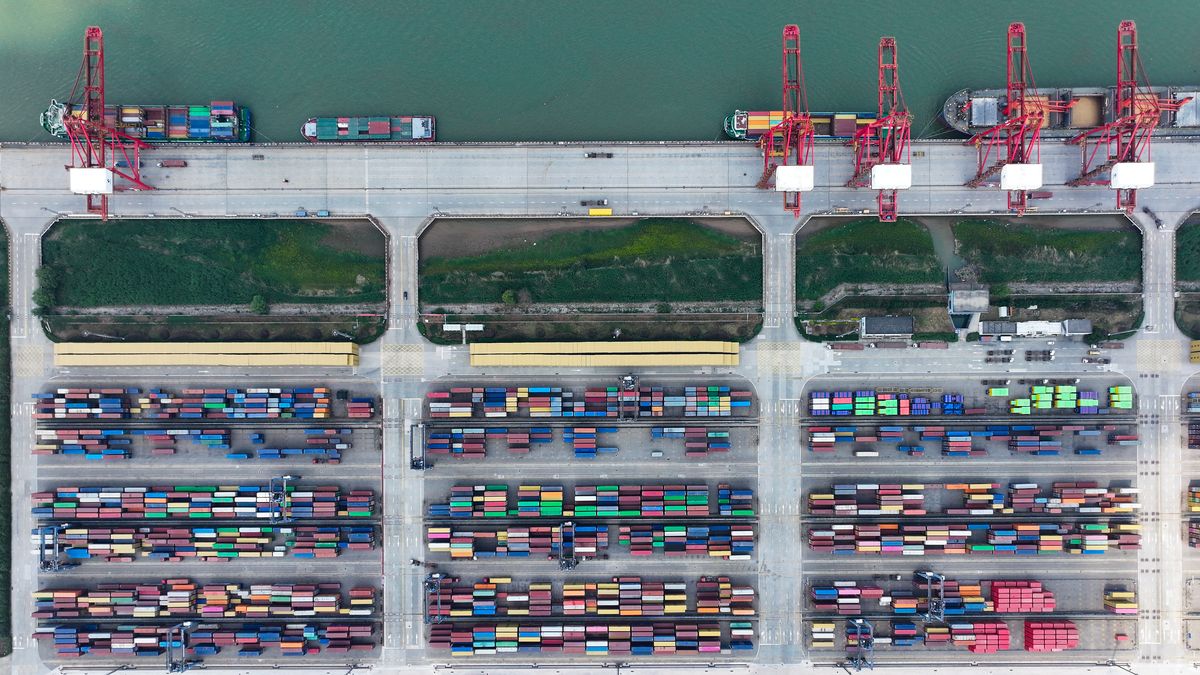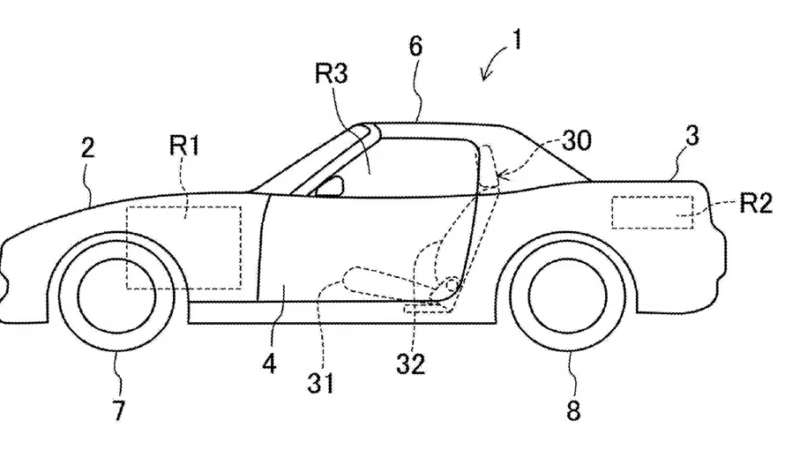Trump Planning to Ease Automotive Tariffs, Says U.S. Commerce Secretary

- The Trump administration is planning to ease the burden of tariffs on the automotive industry, according to a report from the Wall Street Journal.
- The change means that automakers paying the 25 percent auto tariff won’t also be forced to pay tariffs on aluminum and steel.
- The tariffs on foreign auto parts, planned to go into effect on May 3, will also be modified. Both moves are retroactive, meaning automakers could be reimbursed for tariffs paid over the last month.
UPDATE 4/29/25 4:45 p.m.: This story has been updated to confirm that President Trump signed two executive orders on Tuesday that walk back some portions of the tariffs he previously imposed on the automotive industry. A report from the New York Times shows that the president said on Tuesday that he wanted automakers to “enjoy this little transition, short-term.” He added, “If they can’t get parts, we didn’t want to penalize them.”
President Trump is expected to lessen the impact of his automotive tariffs ahead of a planned visit outside of Detroit on Tuesday night, according to a report from the Wall Street Journal. The backstep comes after consistent meetings with automotive executives and one week after a letter sent by a coalition representing General Motors, Toyota Motor Corp., Volkswagen Group, and Hyundai Motor Co., among others, urged the president not to implement tariffs on foreign auto parts.
The change means that automakers won’t pay additional tariffs, namely on steel and aluminum, in addition to the blanket 25 percent levy for cars built in foreign countries. According to the Wall Street Journal’s sources, the changes would be retroactive, meaning automakers could be reimbursed for tariffs they’ve paid since the new policy took effect earlier this month.
In addition to the protection from stacking tariffs, the administration is also said to be planning to alter its tariffs on foreign auto parts, which are scheduled to go into effect on May 3. According to the same report, the change is designed to give automakers and suppliers time to move production to the United States. It would allow automakers to apply to the government for reimbursement from the tariffs, with the reimbursement amount decreasing over time.
“President Trump is building an important partnership with both the domestic automakers and our great American workers,” Commerce Secretary Howard Lutnick said to the Wall Street Journal in a statement. “This deal will be a major victory for the president’s trade policy by rewarding companies who are already manufacturing domestically, while providing a runway to manufacturers who have expressed their commitment in investing in America and expanding domestic manufacturing.”
This is a developing story. We will update it as more information becomes available.





